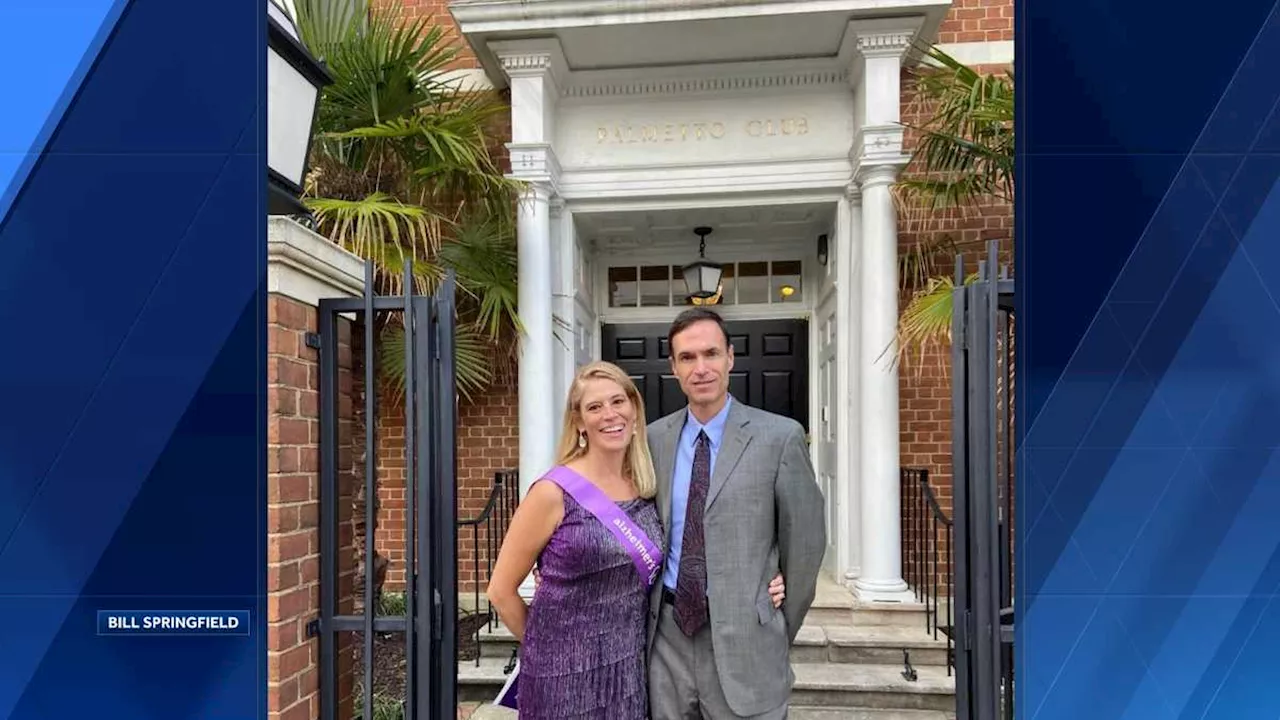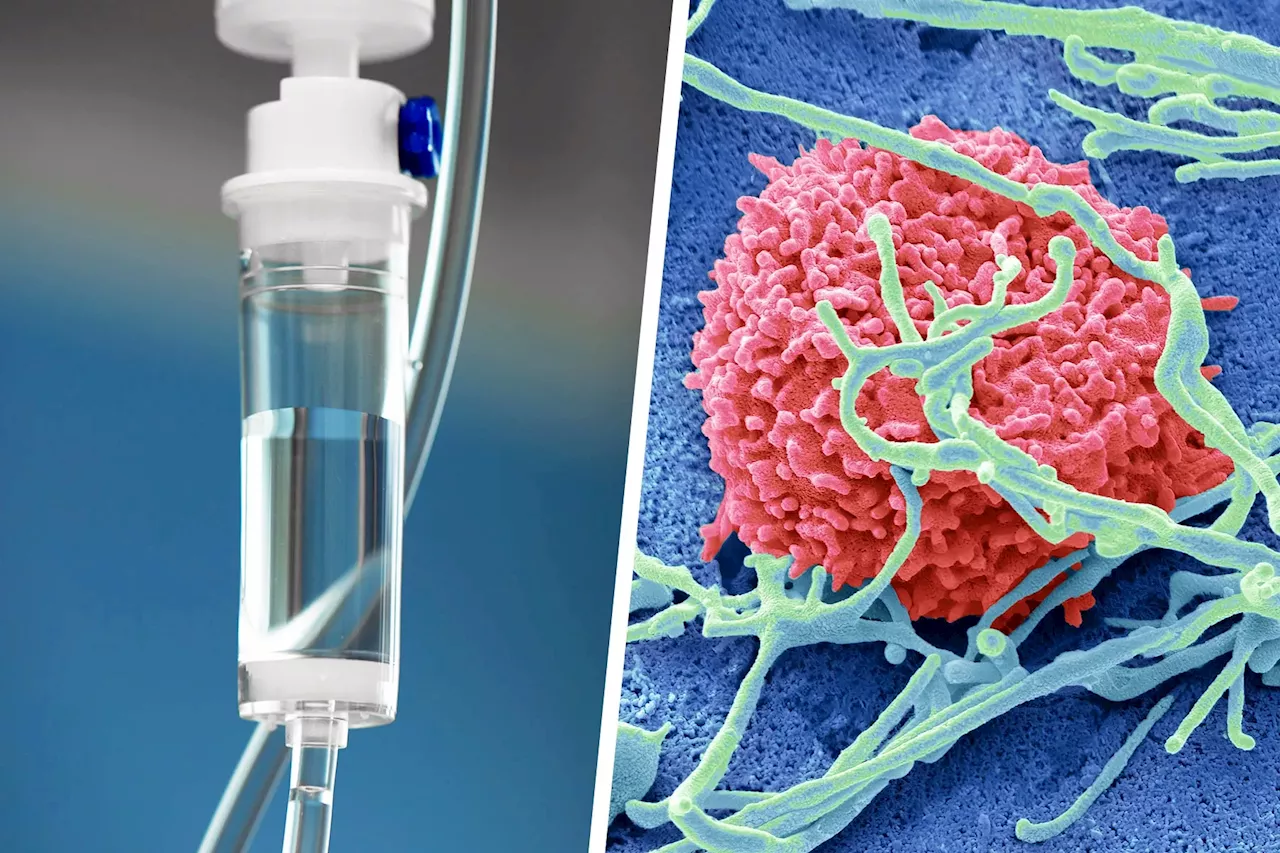A genetic mutation that boosts cell function could protect people against Alzheimer’s disease, even if they carry another gene mutation known to boost dementia risk.
The protective mutation causes cells to produce a more powerful version of humanin, a tiny protein that plays an important role in cellular function.
“This new study sheds light on resilience genes that help people live longer and partially explains why some people at high risk for developing Alzheimer's Brain function tests among centenarians with the APOE4 gene found that those who also carried the PS3-humanin gene outperformed those who didn't, suggesting that the humanin variant blunted some of their Alzheimer's risk.
Treatment with standard humanin protein also resulted in some decrease of amyloid beta, but the effect was more powerful with the genetic variant, researchers said.Analysis showed that PS3-derived humanin allows it to bind more effectively with the APOE4 gene, researchers said.
United States Latest News, United States Headlines
Similar News:You can also read news stories similar to this one that we have collected from other news sources.
 'All the answers I needed were in that room': Man describes unique support groupGroup helps husbands of Alzheimer's patients
'All the answers I needed were in that room': Man describes unique support groupGroup helps husbands of Alzheimer's patients
Read more »
$22 burrito helps San Francisco restaurant break even from inflation, owner saysOne of San Francisco’s most popular burritos will now cost you $22 -- an attempt to help the business break even from inflation, the restaurant owner says.
Read more »
 Hellraiser (2022) Producer Addresses Franchise's Future (Exclusive)Keith Levine teases 'even crazier and even more awesome' Hellraiser sequel.
Hellraiser (2022) Producer Addresses Franchise's Future (Exclusive)Keith Levine teases 'even crazier and even more awesome' Hellraiser sequel.
Read more »
 The Methods We Used to Predict Mutation-Induced Binding Free Energy ChangesIn this representation, atoms with assigned labels are organized into subgraphs, and the colored edges between them represent atom-specific interactions.
The Methods We Used to Predict Mutation-Induced Binding Free Energy ChangesIn this representation, atoms with assigned labels are organized into subgraphs, and the colored edges between them represent atom-specific interactions.
Read more »
 PPIs and the Prediction of Mutation-Induced Binding Free Energy Changes: What It All MeansThe study of protein-protein interactions (PPIs) and the prediction of mutation-induced binding free energy changes are of great importance
PPIs and the Prediction of Mutation-Induced Binding Free Energy Changes: What It All MeansThe study of protein-protein interactions (PPIs) and the prediction of mutation-induced binding free energy changes are of great importance
Read more »
 This Mutation Likely Saved a Colon Cancer Patient's LifeHis tumor had a specific genetic makeup known as mismatch repair-deficient, present in 5% to 10% of all rectal cancer patients, meaning he might qualify for a cutting-edge immunotherapy.
This Mutation Likely Saved a Colon Cancer Patient's LifeHis tumor had a specific genetic makeup known as mismatch repair-deficient, present in 5% to 10% of all rectal cancer patients, meaning he might qualify for a cutting-edge immunotherapy.
Read more »
